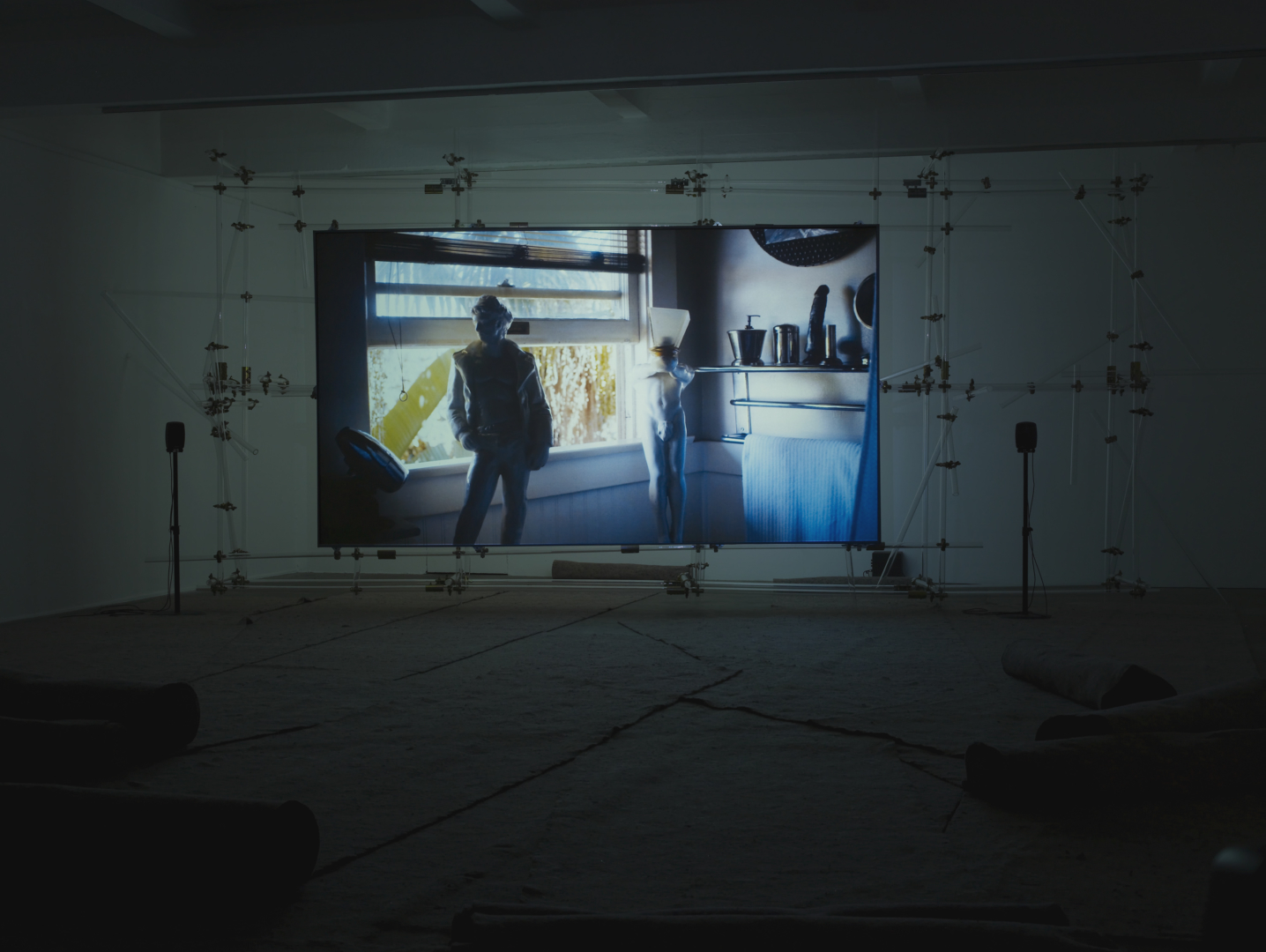
Ten years after the publication of An Archive of Feelings, I found myself amazed by the proliferation of LGBT archives as part of the ‘Archive Turn’. It plays an important role in promoting awareness of the LGBT situation, civil rights and cultural visibility. As exciting as these developments may be, stay with queer activist critiques of gay liberalism and raise questions about what genres the archives need? Or does the archive need a different version of the archive?
In answering these questions, it’s unlikely to be useful to keep in mind what archival theory has been talking about for some time. This theory influenced the collection of queer archives. In the queer community of Los Angeles, The Staff is an iterative queer relationship that depicts the alternation of old and new. Through observational lenses of houses, collections, and queerness, the film reveals a space, the seat of a public-facing organization, and a source of widely dispersed imagery. There is also a historical narrative of the queer community through diverse and interdisciplinary communities, including dance and performance, radical activism, and alternative forms of community.
I find it useful to look at specific examples of spaces such as the queer archive and the gay historical archive, characterized by their fervent commitment to saving queer evidence, often through very mundane materials. Thus, encounters between archives and archives that actually exist demonstrate the value of case histories for evaluating queer archives.

